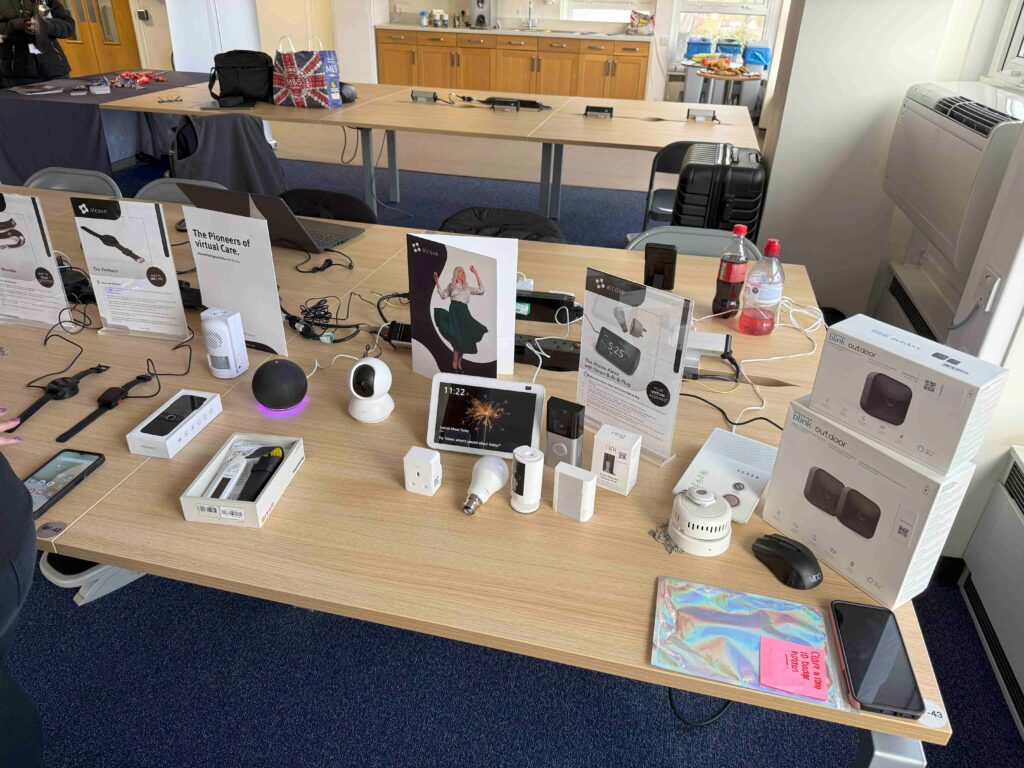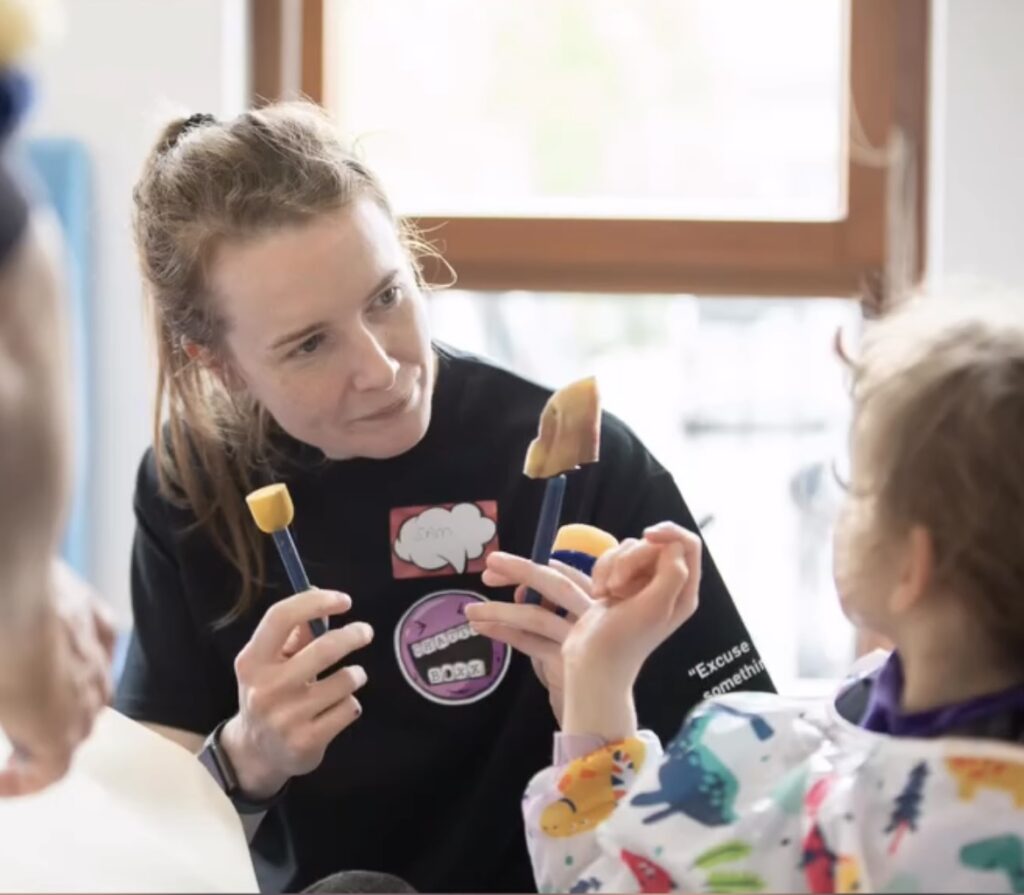Redbridge Care Tech Pilot: A Year of Innovation in Falls Prevention

Redbridge is pioneering a national pilot to test care technologies that prevent falls, boost independence, and transform how older residents live safely at home and in care.
In Redbridge, 71% of care home residents will fall at least once in a year, a stark reminder of just how common falls can be. They are the leading cause of injury-related deaths for people aged 75 and over, and while there’s no shortage of technology claiming to help, the landscape can be overwhelming.
That’s one of the reasons why the Department of Health & Social Care funded the Digitising Social Care team to launch a series of Care Technology Pilots: to cut through the noise, test what really works, and learn what doesn’t.
In April 2024, the London Borough of Redbridge began its pioneering pilot, focused on using assistive technology to prevent falls, spot risks sooner, and support people to live more independently and safely. As one of just eight programmes chosen nationally, and a key contributor to the Digitising Social Care team’s evaluation, the project is also helping deliver on the NHS Long Term Plan’s vision: harnessing digital innovation to prevent ill health, avoid unnecessary hospital admissions, and bring care closer to where people live.
Why We’re Doing This
Redbridge has one of the highest rates of falls among older adults in North East London, and demand for falls-related services has risen sharply in recent years. Our goal is to investigate what can help turn the tide – not only reducing falls, but improving confidence, safety, and independence for residents over 60 who are at risk.
A Truly Collaborative Effort
This pilot is built on strong partnerships, bringing together the expertise of Redbridge Council as project lead, NHS North East London ICB, Apteligen as evaluation partner, Alcove as operational delivery partner, the care settings themselves as real-world test sites and us, Care City as implementation partner. Four technology providers supply and support the tools being tested, while a dedicated resident co-design group helped us think about the technology from the experience of the people most likely to use it. We have also worked closely with Early Adopters, Assistive Technology Champions and groups, and colleagues in Public Health, alongside other local partners, to strengthen insights and embed learning. By working hand-in-hand, these partners are combining strategic leadership, rigorous evaluation, frontline experience, and cutting-edge technology to create a programme that is both innovative and grounded in the realities of care.
What We’re Testing
We’re trialling four different types of technology across eleven care homes, three Extra Care facilities, and Redbridge’s Reablement service:
- Feebris health monitoring kits and wearable gait trackers
- Vayyar 4D fall detection sensors
- MiiCare conversational AI and activity sensors
- Informetis energy usage monitoring to spot changes in routine
Each technology is designed to either detect falls, predict increased fall risk, or identify early signs of health deterioration, giving carers the information they need to intervene sooner.
Our Journey and Achievements
The past year has been one of rapid progress and real impact. We began by putting the right foundations in place – establishing robust governance, risk management, and stakeholder engagement structures to guide the work. From there, technology installations rolled out in phases: starting with Feebris in care homes and MiiCare in Extra Care and Reablement, followed by Informetis, and most recently, Vayyar in care homes.
Alongside this, we held six months of resident-led co-design sessions, giving people a direct voice in how the technology was introduced. These conversations shaped user guides, implementation and day-to-day practice. And after conversations with members of the London Borough of Redbridge team, the idea of a new Care Technologist role was born – someone dedicated to bridging digital tools with human care.
As a result, over 300 residents are now actively benefiting from new care technologies across Redbridge. Installations have become faster; Informetis, for example, went from governance sign-off to go-live in just four months. Staff engagement has also grown, with strong buy-in where the benefits to care quality are clear. Real-time notifications are already helping deliver quicker responses to incidents, while technologies like Feebris are enabling earlier detection of health issues, preventing potential hospital admissions. MiiCare has even reduced anxiety for some residents by offering reminders and interactive wellbeing prompts, building reassurance into daily life.
“I think it’s interesting how we’re able to send readings, blood pressure and all of that, across to the GP, and I think it just helps us to work smarter than having to do everything in a manual way”.
Care Worker
Looking Ahead
With data collection continuing until September 2025, we’ll soon be able to share a fuller picture of the pilot’s impact, not only on falls prevention, but also on resident confidence, independence, and staff workload.
Over the coming months, this blog series will follow the stories behind the numbers – spotlighting residents, families, and care teams experiencing the technology first-hand.
“And once our GP surgery picks up on any irregularities, it enables us to quickly identify, in particular, the ever changing needs of our residents, high blood pressure, low blood pressure, and so on”.
Care Worker
The journey so far has shown that with the right tools, collaboration, and creativity, technology can play a powerful role in delivering the NHS 10 Year Plan’s vision – care that is proactive, personalised, and closer to home.



